Home>Renovation & DIY>Home Renovation Guides>What Home Improvements Are Deductible From Capital Gains?


Home Renovation Guides
What Home Improvements Are Deductible From Capital Gains?
Modified: January 4, 2024
Discover which home improvements are eligible for deductions from capital gains and get expert guidance on maximizing your savings with our home renovation guides. Unlock tax-saving tips today!
(Many of the links in this article redirect to a specific reviewed product. Your purchase of these products through affiliate links helps to generate commission for Storables.com, at no extra cost. Learn more)
Introduction
Understanding the tax implications of home improvements is crucial for homeowners looking to maximize their potential tax benefits and minimize their capital gains tax liability. Capital gains tax is a tax imposed on the profits realized from the sale of a capital asset, such as a home. When homeowners make certain home improvements, they may be eligible to deduct the costs of these improvements from their capital gains, thereby reducing the amount of taxable gain. However, not all home improvements qualify for this deduction. It's essential for homeowners to have a clear understanding of which home improvements are deductible from capital gains and which are not in order to make informed decisions and optimize their tax strategies.
Understanding Capital Gains Tax
Key Takeaways:
- Deductible home improvements include kitchen remodeling, HVAC upgrades, and energy-efficient features. Keep records for tax benefits.
- Cosmetic enhancements, personal use amenities, and repairs within one year of selling are not deductible. Consult tax professionals for clarity.
Capital gains tax is a tax levied on the profits realized from the sale of a capital asset, such as real estate, stocks, or bonds. When a homeowner sells their primary residence or a property that has appreciated in value, they may be subject to capital gains tax on the profit generated from the sale. The amount of capital gains tax owed is determined by the difference between the property’s sale price and its original purchase price, also known as the basis. However, certain home improvements made to the property can be deducted from the capital gains, effectively reducing the taxable gain.
It’s important to differentiate between two types of capital gains: short-term and long-term. Short-term capital gains occur when a property is sold within one year of its purchase, and they are typically taxed at a higher rate than long-term capital gains, which apply to properties held for more than one year. Understanding the distinction between these types of gains is essential for homeowners seeking to minimize their tax liability and maximize their deductions.
Home Improvements That Can Be Deducted
When it comes to deducting home improvements from capital gains, certain types of renovations and upgrades are eligible for tax benefits. These improvements are typically those that increase the property’s basis, thereby reducing the amount of taxable gain upon the property’s sale. Some common examples of home improvements that can be deducted from capital gains include:
-
Remodeling the kitchen or bathroom: Upgrading these key areas of the home can significantly enhance its value and appeal to potential buyers, making the costs of such renovations deductible from the capital gains.
-
Adding square footage: Expanding the living space of a home, such as by building an additional room or extending the existing floor plan, can increase the property’s overall worth and qualify for a deduction from capital gains.
-
Upgrading the HVAC system: Installing a new heating, ventilation, and air conditioning (HVAC) system not only improves energy efficiency but also adds value to the property, making it an eligible improvement for deduction.
-
Enhancing the landscaping: Investing in professional landscaping and outdoor amenities can elevate the curb appeal and overall desirability of the property, warranting a deduction from capital gains.
-
Installing energy-efficient features: Adding solar panels, energy-efficient windows, or insulation upgrades can qualify for deductions, as they contribute to the property’s long-term sustainability and market value.
These are just a few examples of the many home improvements that can be deducted from capital gains. It’s important for homeowners to keep detailed records and receipts of the costs associated with these improvements to substantiate their deductions and ensure compliance with tax regulations.
Home Improvements That Cannot Be Deducted
While many home improvements can be deducted from capital gains, there are certain types of renovations and upgrades that do not qualify for this tax benefit. It’s crucial for homeowners to be aware of these non-deductible improvements to avoid potential discrepancies in their tax filings. Some examples of home improvements that cannot be deducted from capital gains include:
-
Regular maintenance and repairs: Routine upkeep and repairs, such as fixing a leaky faucet, repainting walls, or replacing broken tiles, are considered part of the property’s general maintenance and are not eligible for deduction from capital gains.
-
Cosmetic enhancements: Improvements that are purely cosmetic in nature, such as painting the walls, installing new carpeting, or adding decorative elements, do not typically increase the property’s basis and therefore cannot be deducted from capital gains.
-
Certain home improvements, such as adding a new room or upgrading the kitchen, can increase your home’s basis and reduce capital gains tax when you sell. Keep detailed records of all improvements for tax purposes.
Personal use amenities: Adding features or amenities that are primarily for personal enjoyment, such as a swimming pool, hot tub, or home gym, are generally not deductible from capital gains, as they are considered personal expenditures rather than investments in the property’s value.
-
Repairs to address damage from normal wear and tear: While necessary repairs to address damage caused by unforeseen events, such as a burst pipe or roof damage from a storm, are not deductible from capital gains, as they are considered essential maintenance rather than value-adding improvements.
-
Improvements made within one year of selling the property: Homeowners should be mindful that certain improvements made within one year of selling the property may not be eligible for deduction, as they could be viewed as specifically aimed at increasing the property’s sale price rather than enhancing its long-term value.
It’s important for homeowners to consult with tax professionals or financial advisors to gain a comprehensive understanding of which home improvements can and cannot be deducted from capital gains, as tax laws and regulations may vary and are subject to change.
Conclusion
Understanding the tax implications of home improvements in relation to capital gains is essential for homeowners seeking to optimize their tax strategies and minimize their tax liability upon the sale of their property. By identifying which home improvements can be deducted from capital gains and which cannot, homeowners can make informed decisions about their renovation projects and ensure compliance with tax regulations.
When planning home improvements with the intention of maximizing tax benefits, homeowners should maintain thorough documentation of all costs associated with the renovations, including receipts, invoices, and contracts, to substantiate their deductions and demonstrate the increase in the property’s basis. Additionally, seeking guidance from tax professionals or financial advisors can provide valuable insights into the specific tax implications of various home improvements and ensure that homeowners are leveraging all available deductions within the bounds of the law.
Ultimately, leveraging deductions for eligible home improvements can not only reduce the taxable gain from the sale of a property but also enhance its overall market value and appeal to potential buyers. By making strategic and informed decisions about home renovations, homeowners can position themselves for greater financial gains while creating a more attractive and valuable asset.
Frequently Asked Questions about What Home Improvements Are Deductible From Capital Gains?
Was this page helpful?
At Storables.com, we guarantee accurate and reliable information. Our content, validated by Expert Board Contributors, is crafted following stringent Editorial Policies. We're committed to providing you with well-researched, expert-backed insights for all your informational needs.
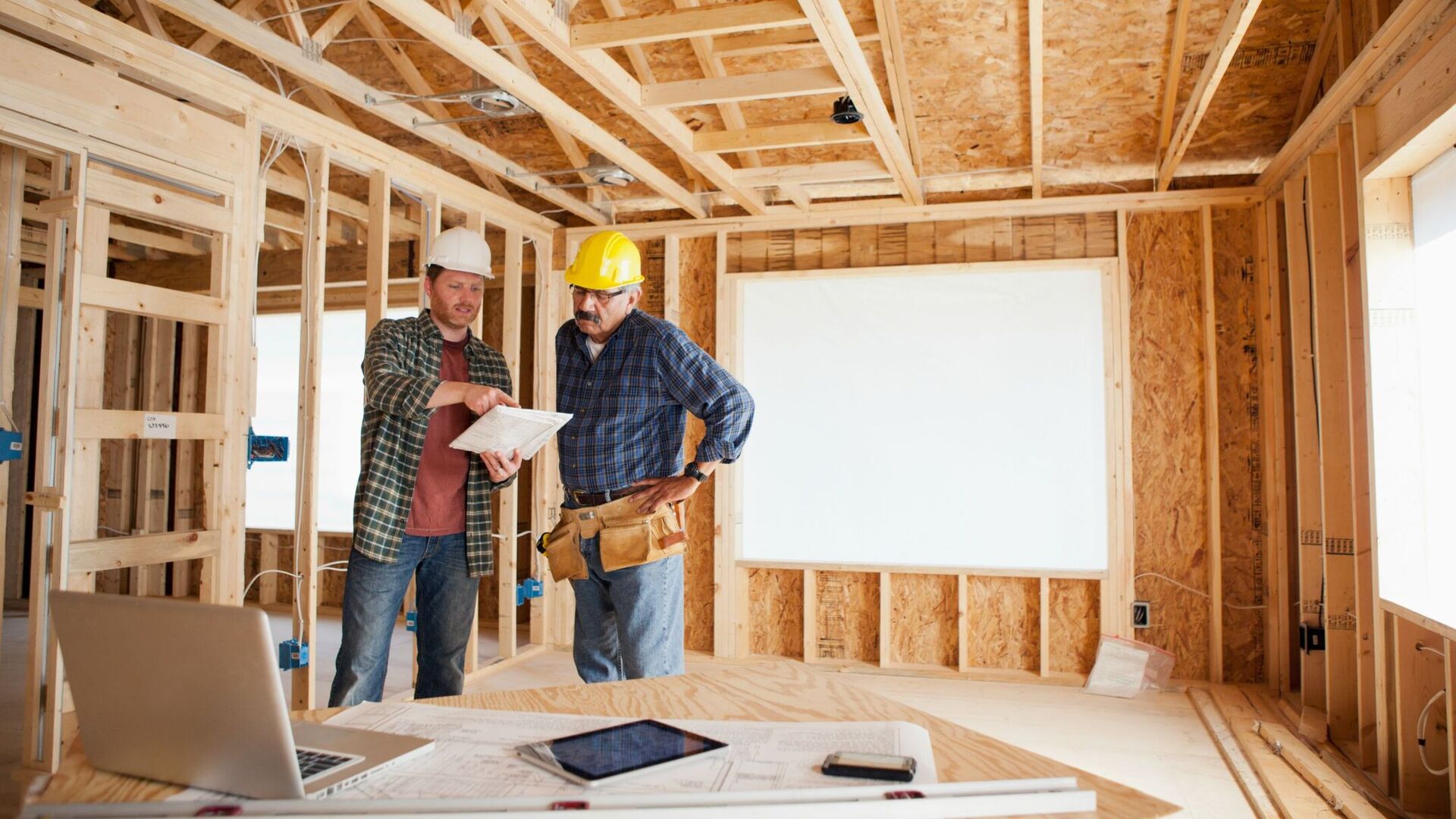

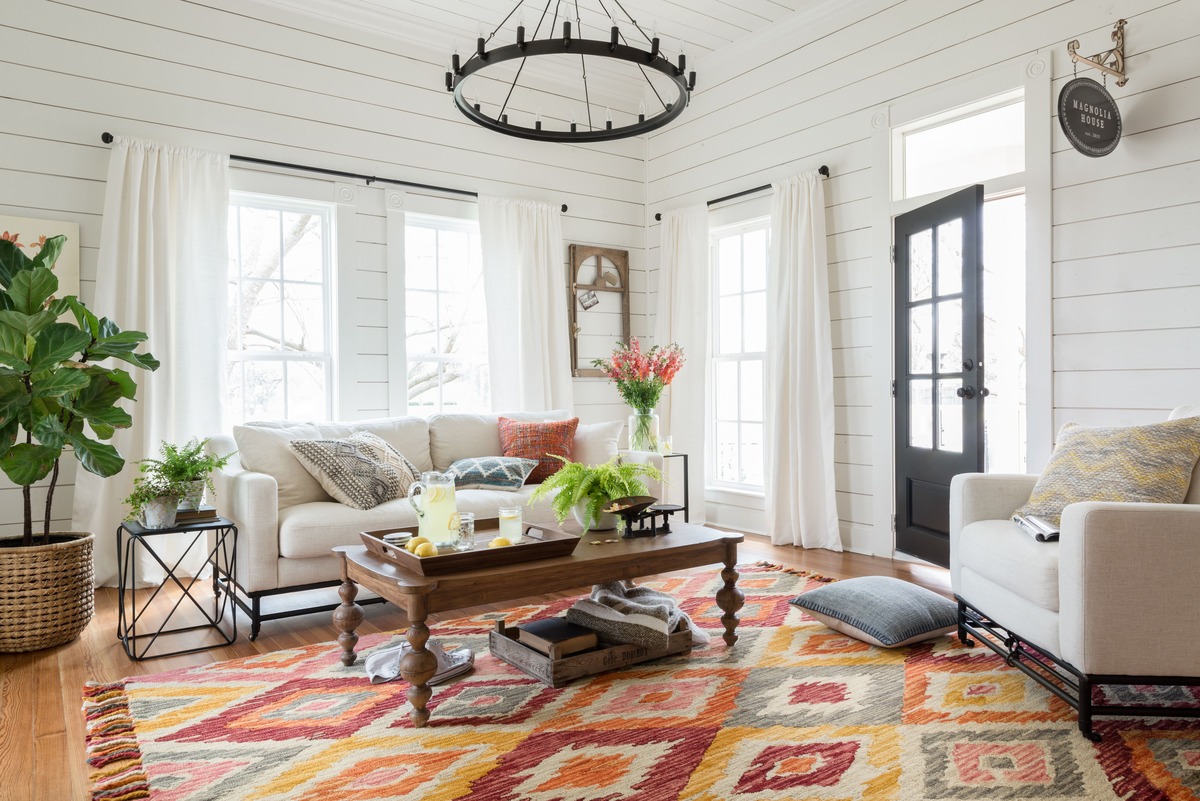
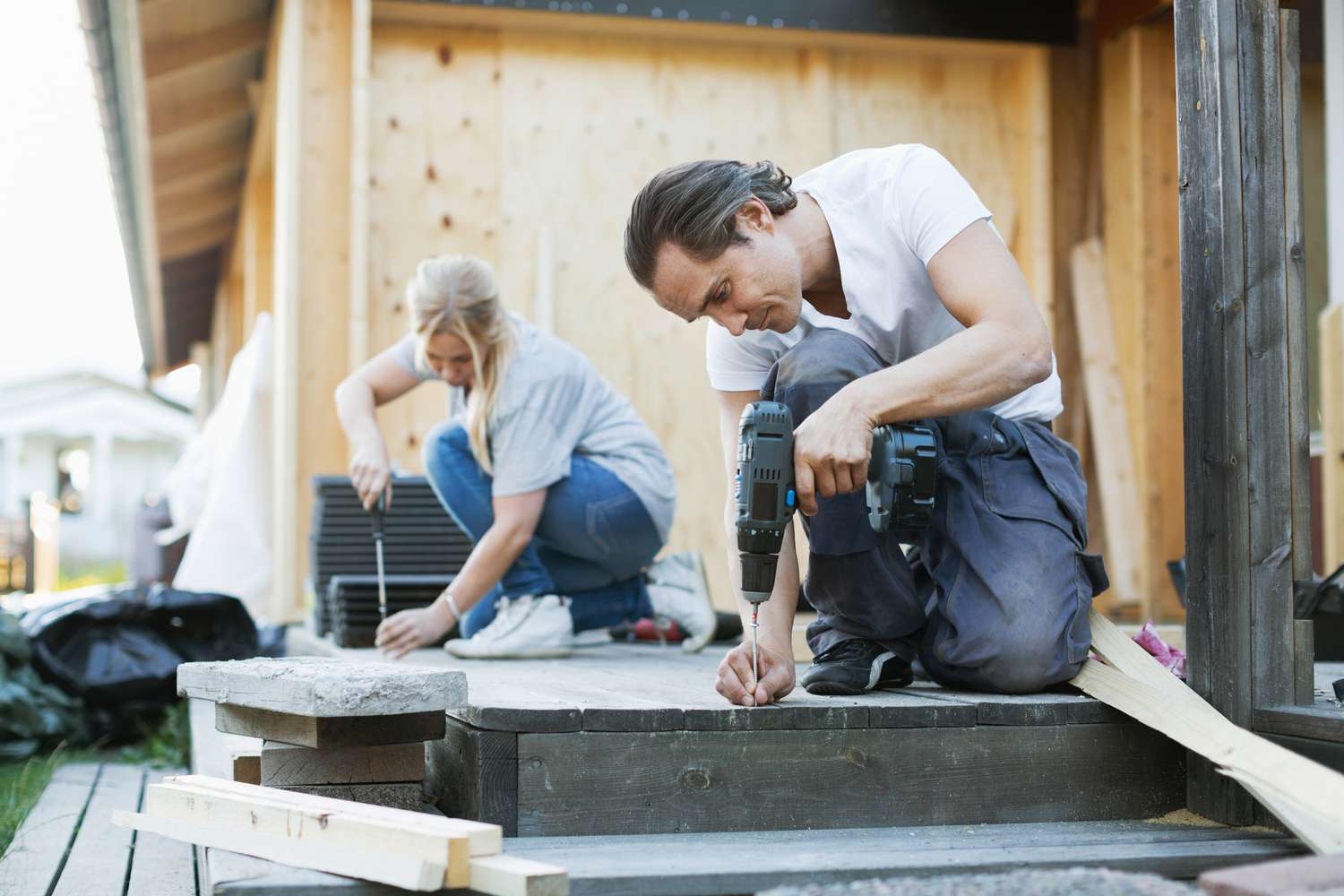

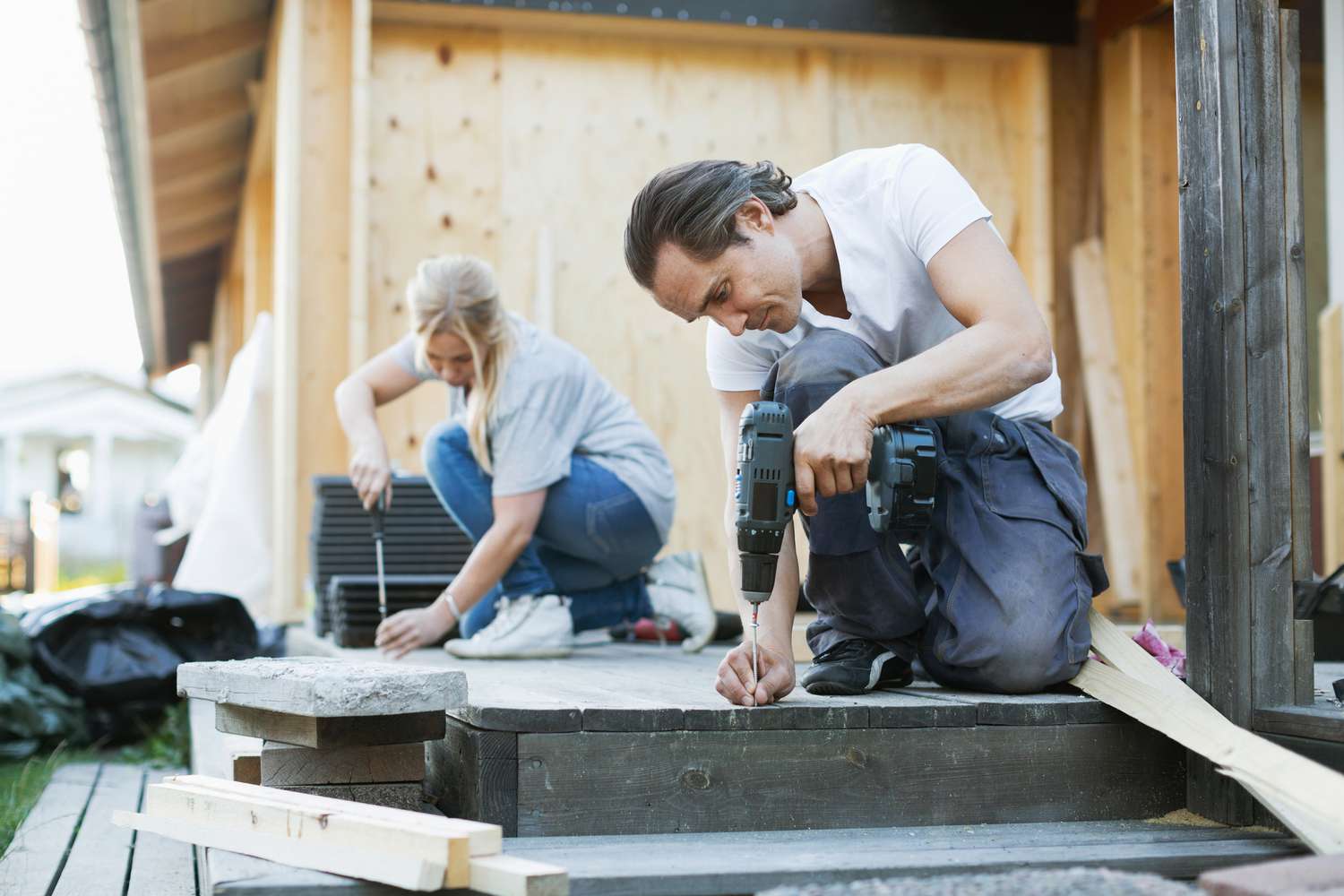
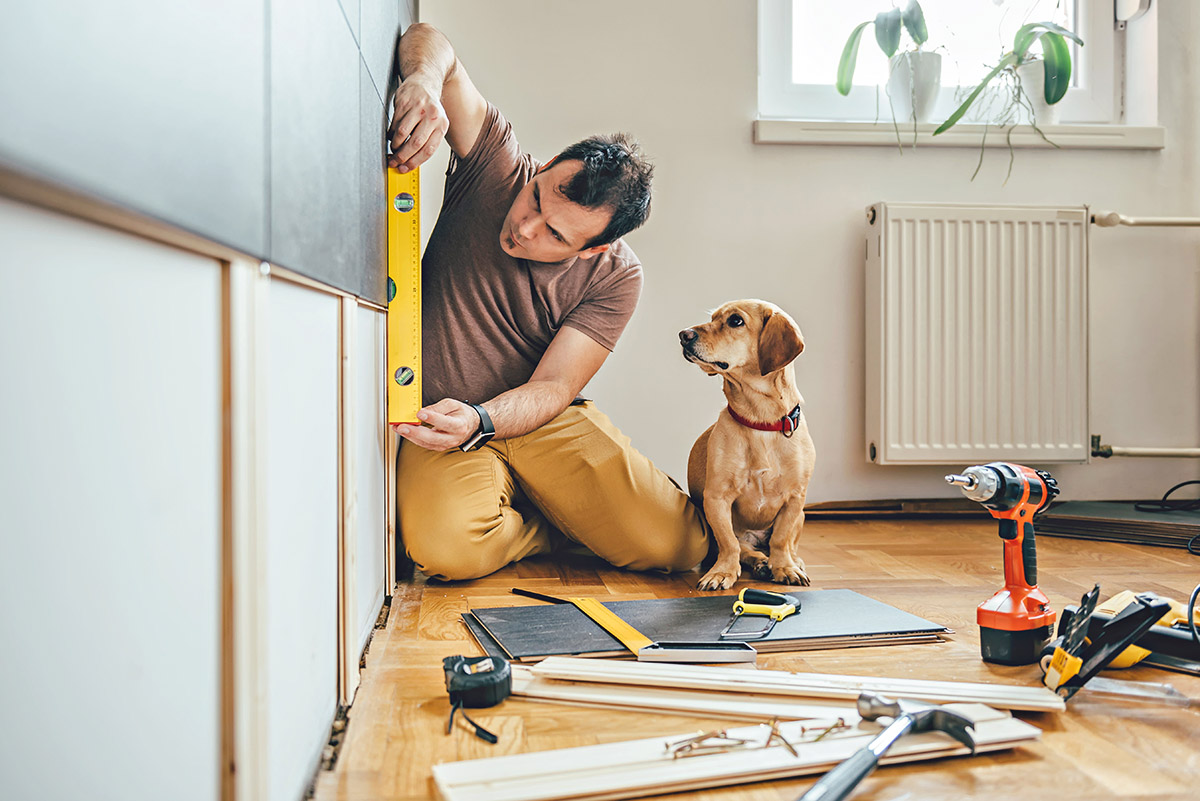

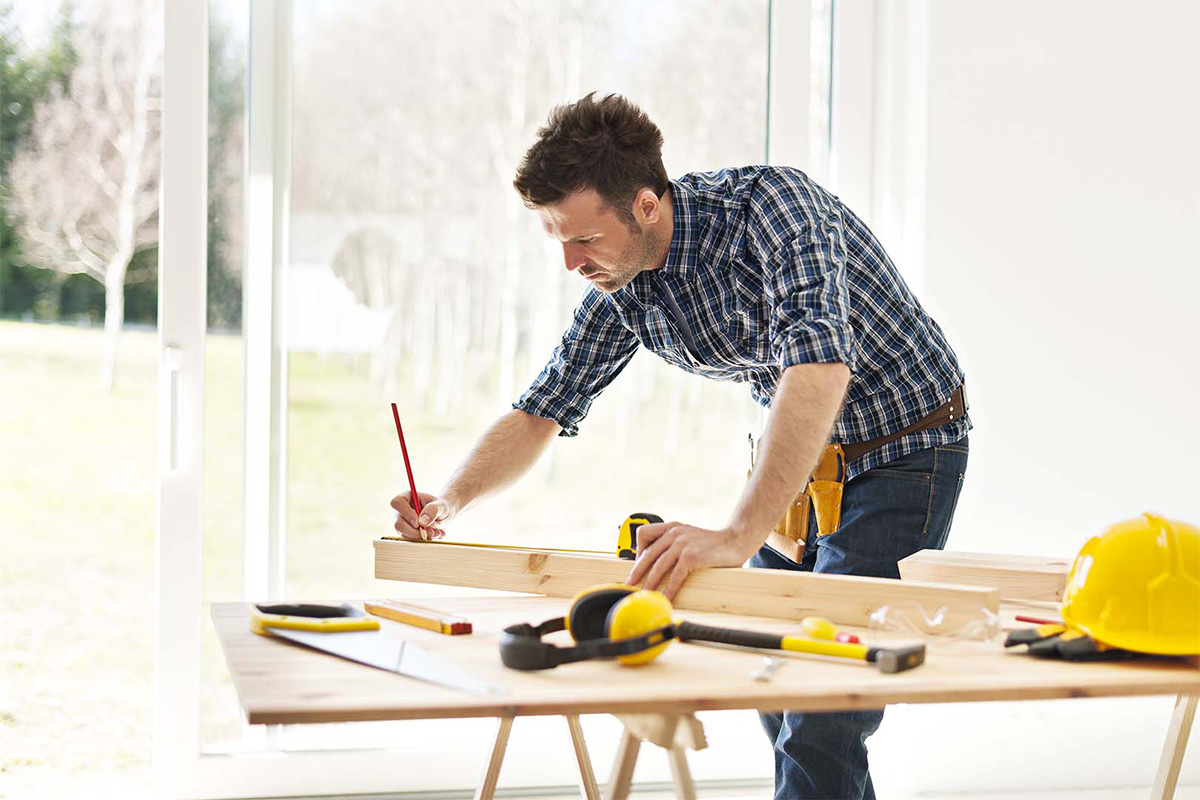
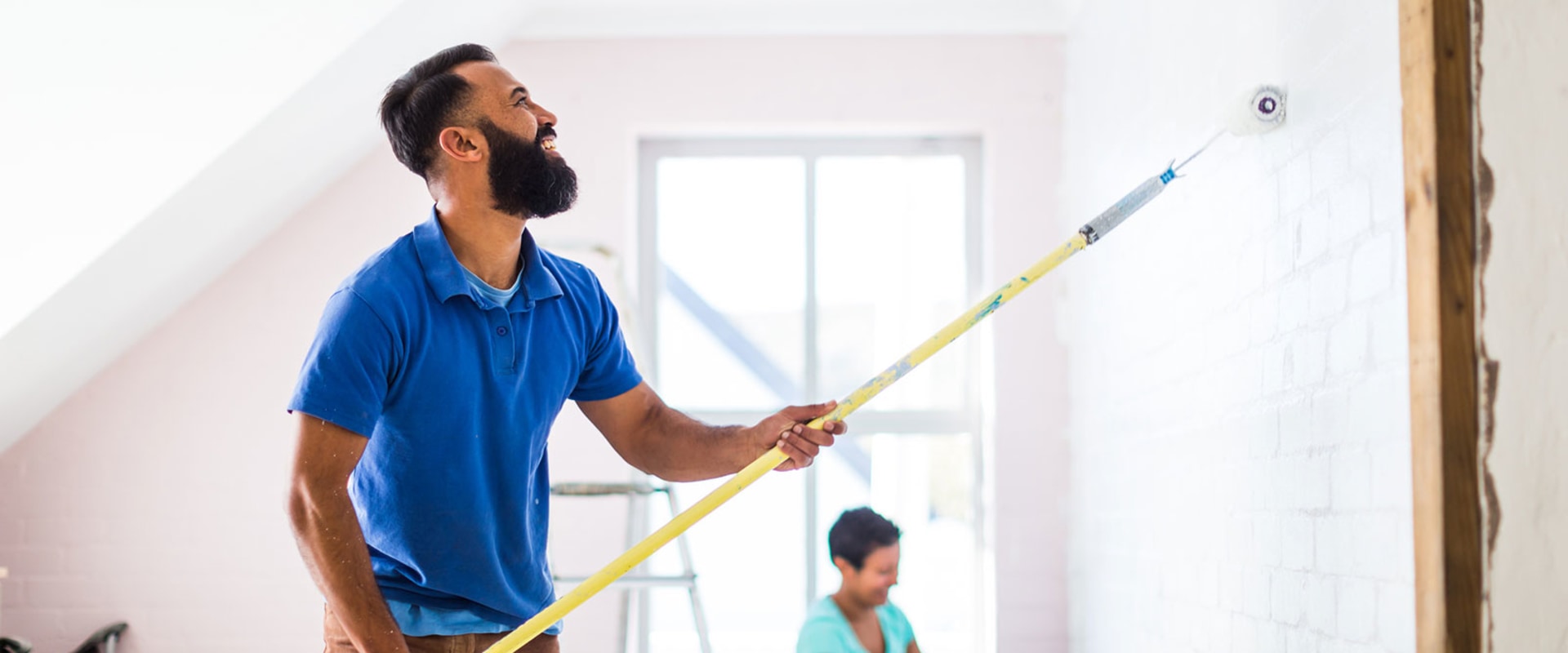

0 thoughts on “What Home Improvements Are Deductible From Capital Gains?”